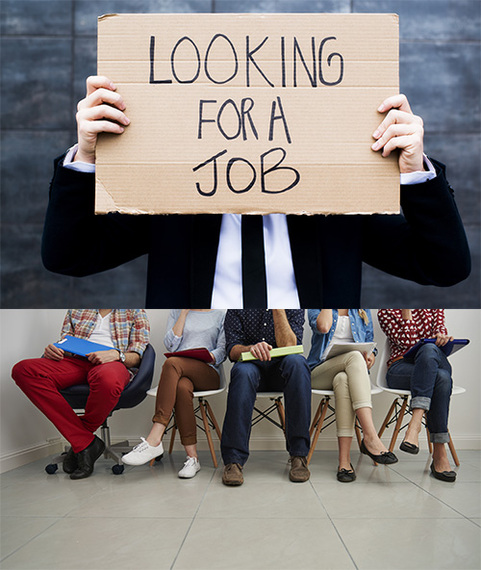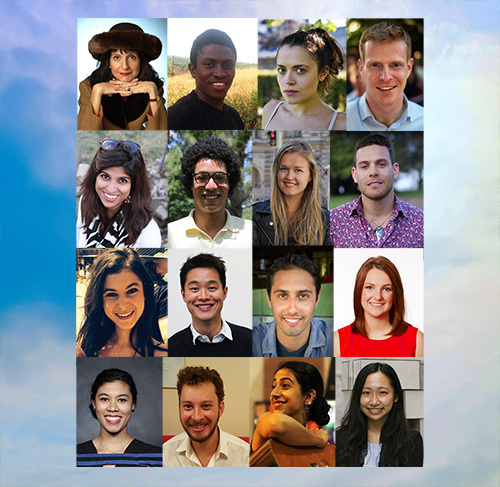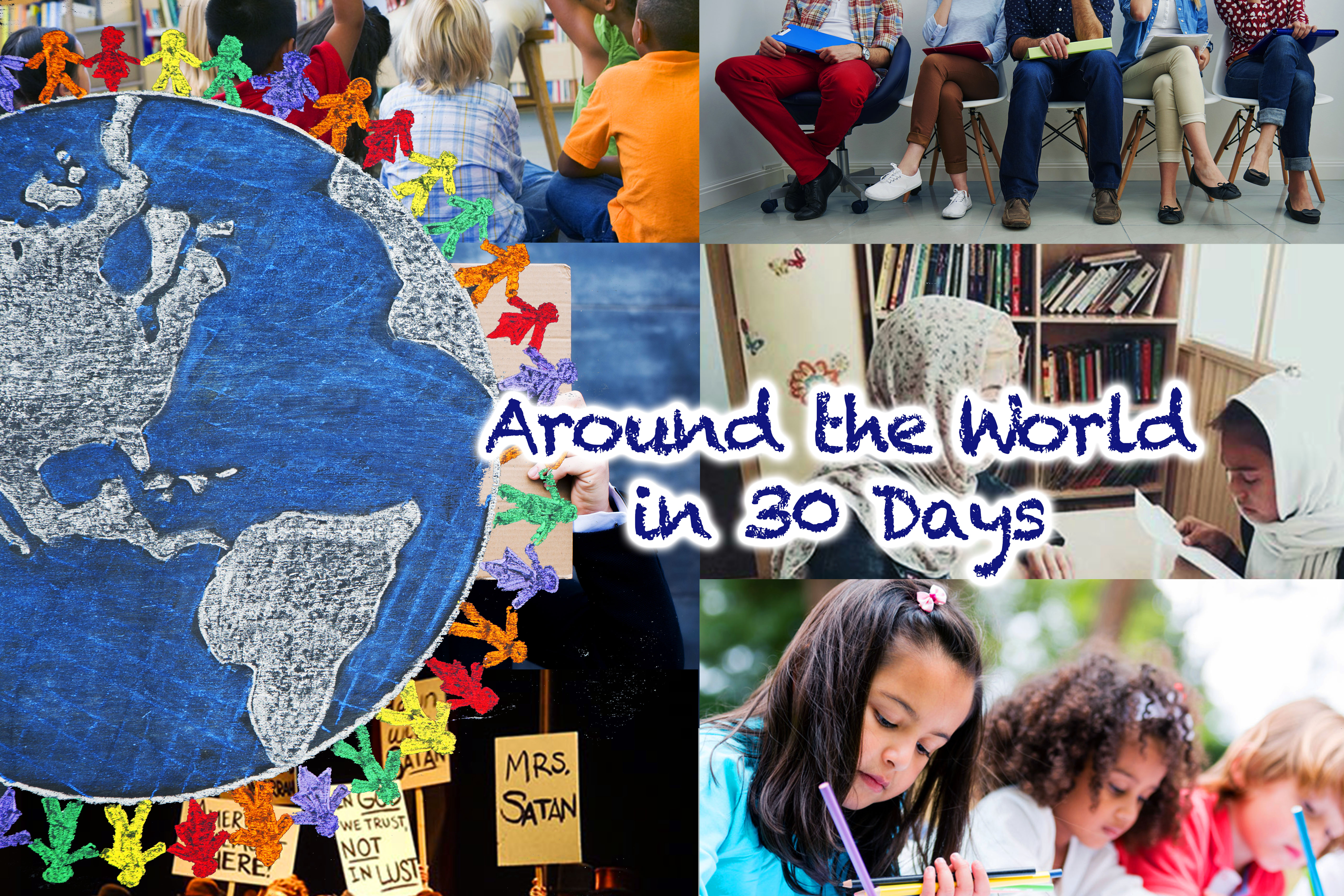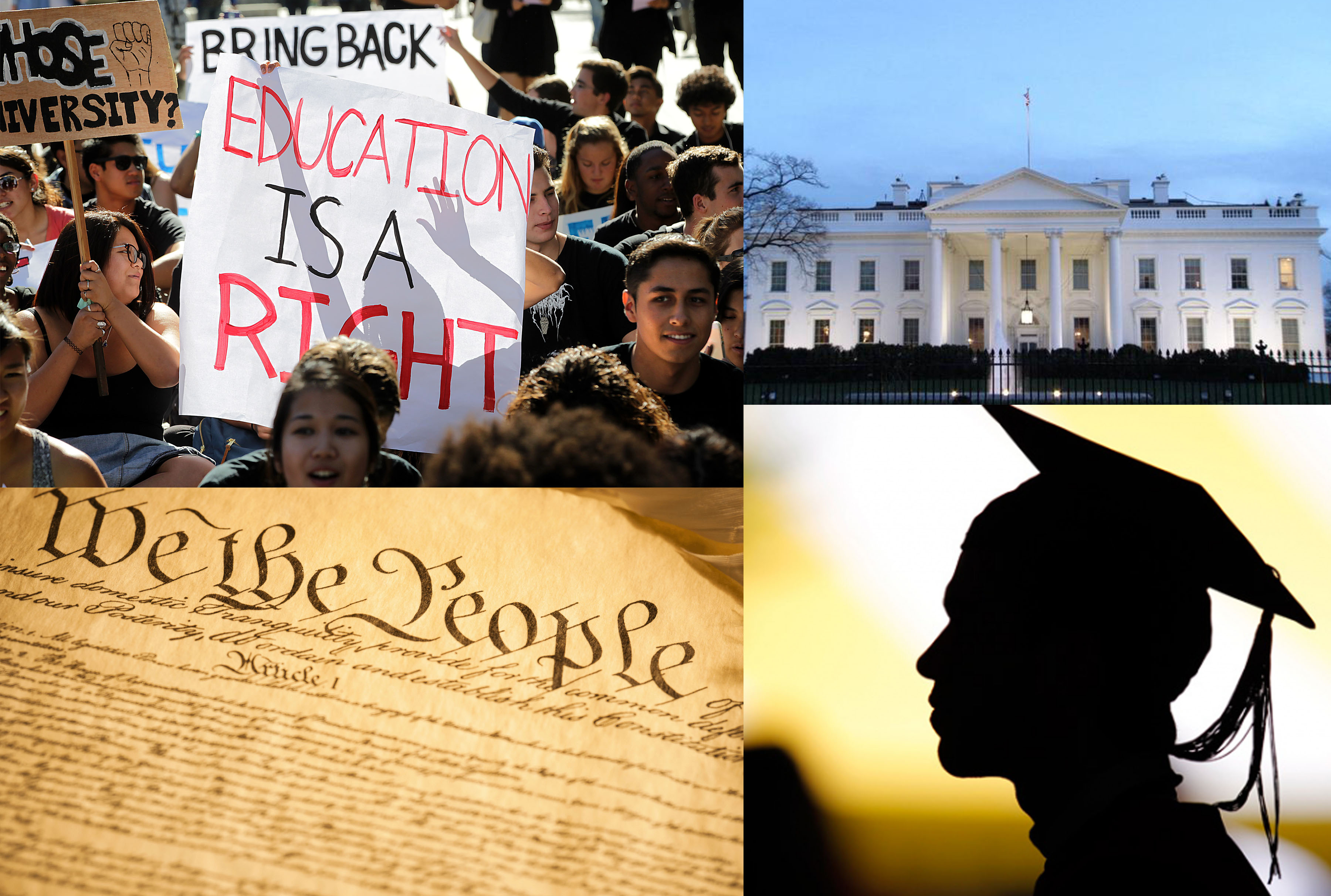
Youth unemployment continues to grow. An increasing number of people around the world have higher education degrees. Despite this, more than half of the workers are employed in jobs for which their levels of education and skills are inappropriate. There is a skills mismatch in the world labor market.
The Millennial Bloggers are based all over the world. They are innovators in entrepreneurship, journalism, education, entertainment, and academic scholarship. This month we ask them to share their perspectives on jobs, employment and the role of education.
“Childnet found that one in four teenagers have suffered online abuse, often because of their sexual identity or gender. In a recent study, 40% of teenage girls reported being pressured into sex. Far too many women are subject to discrimination, sexual harassment and violence in the workplace.” Sophie Hemery (@SophieHemery) believes that “Sex and Relationships Education is failing young people” and that “Mandatory, high quality and critical Sex and Relationships Education would dismantle the ideology behind such patriarchal shackles.” Read: Sex Education for the Economy?
“Of the 11.6 million jobs created in the post-recession economy, 11.5 million went to people with a college education. Of those jobs, 8.4 million went to workers with a bachelor’s degree or higher. People with a high school diploma or less education landed 80,000 jobs in the recovery.” Francisco Hernandez (@StFrancis_X) interviews Anthony Carnevale, economist, leading jobs expert and the director of the Georgetown University Center on Education and the Workforce to determine if higher education is as important as ever. Read: Generation Recession: Millennials and the Future of HigherEd
Cormac McCarthy, Tom Stoppard, Bob Dylan, John Lennon, Al Pacino and many other artists dropped out of academia but we wouldn’t call them “uneducated” or “unsophisticated”, observes James Kernochan (@SeamusMcK721). “Seeing a vision that none of the billions of other souls on the planet are privy to, or expressing that vision in a fashion none of them is capable of, with a resonance that prompts a meaningful mass of people to carve time of their busy day for something that is under any pragmatic calculation non-essential. How can you train someone for that?” Read: Stretch the Stage
“It’s a struggle for millennials today to acquire and retain jobs, as competition is high, the market is rough, and many companies require additional schooling and degrees for jobs that are above entry-level,” writes Isadora Baum (@LfyniBaum). Given this situation, “many millennials are going out on their own–striving to find their way, the path that makes sense for them, doing something that ignites their passions and can provide adequate profit and power.” Entrepreneur Isadora gives top tips from her personal experiences. Read: 4 Essential Skills That All Successful People Possess
“A” student Erin Farley (@erinnnfarley) says she was not a great test taker and she wonders: “Is the focus on standardized testing useful for students in their future careers?” Erin chats with education thought leader, futurist and author Charles Fadel who’s spent his career “focusing on the education curriculum and ways to improve it so students leave with the ability to be creative and have the skills and necessary character quality to succeed in this complicated world.” Read: Being Creative in the World of Standardized Testing
The valuable lessons we all learn from “doing” is the focus of Jacob Deleon Navarrete’s (@JacobDNavarrete) blog this month. “As globalization brings us closer together, schools need to better prepare students to live in a world that demands failure in exchange for the keys to success.” Read: I’d love to hear all about your idea!
“The current job market requires creativity, patience and a significant amount of self-confidence,” says Dominique Alyssa Dryding. “An undergraduate degree does not guarantee employment,” and “what you learn in the classroom might not be enough.” So if you are about to begin job hunting, why not check out Dominique’s 10 things she has learned about the process. Read: The Job Hunt
“Millennials are the ones who’ve had to incur the loans they’ll spend years repaying, many in jobs which may not, by and large, be particularly satisfying (where they’re not actively soul-crushing),” writes Harmony Siganporia. Is now the time to “revisit what we define as success; what drives people to court debt to become part of a system which extracts punishing costs from those who would be in it; and most importantly, what awaits them on the other side.” Read: Employment is/as the High Cost of Living
“We are the first generation that can put an end to poverty. We are also the last generation that can put an end to climate change,” writes Shay Wright in New Zealand. “We need the tools, the skills, and the awareness of how to think differently and how to develop systems that can be scaled to solve such massive challenges. And we need to be able to earn a living as we do it.” Read: The Necessary Skills Every Young Person Must Have
An ETS study from 2015 found that “Millennials in the U.S. are less prepared to perform in the workplace than any of the other 23 countries included in their report.” You worked hard in high school and college; you did well and got a good degree so, “What skills aren’t being taught in our schools that are essential for our young people to compete in today’s global market?” asks Harry Glass (@Seethroughme90). He believes the answer can be boiled down to four main points. Read: Fortitude
Inspired by International Day of the Girl Child, Bonnie Chiu (@bonniesychiu) reflects on the connection between education and jobs, and writes to her three young female cousins, aged 9, 11 and 12. She wants them to know that technological disruption has changed the job market and to be real world ready they need “soft skills, which are character traits and interpersonal skills that you use to interact with other people.” Read: A Letter to my Three Young Female Cousins
“We all face situations in life where we need to think creatively,” writes Reetta Heiskanen (@reettahei) So how do we become a real world person who is able to connect the dots between the information that is being shared? “We should build, fail, apply, try, test, succeed and maybe fail again: only that way the creativity can really foster.” Read: Why Schools Need More Creativity in the Classroom
The Millennial Bloggers hail from all over the world. Each writer is also a world traveler and, collectively, they have worked on every continent. The millennials claim their roots in diverse locations: the United States, China, Singapore, South Africa, India, Sierra Leone, New Zealand, the United Kingdom, and Finland.
The Millennial Bloggers are Alusine Barrie, Sophie Hemery, James Kernochan, Kamna Kathuria, Jacob Deleon Navarrete, Reetta Heiskanen, Shay Wright, Isadora Baum, Aw Cheng Wei, Francisco Hernandez, Erin Farley, Dominique Alyssa Dryding, Harry Glass, Harmony Siganporia and Bonnie Chiu. These remarkable young people have produced shows and founded companies. They have been featured on Forbes ‘Asia 30 Under 30’ list and honored by Asian Women of Achievement Awards. They have been awarded numerous scholarships and fellowships. They hold Bachelors, Masters, and Doctoral degrees. They run schools and train educators in underprivileged communities. They have taught all over the globe in environments ranging from maximum security prisons to elementary schools.
(All photos are courtesy of CMRubinWorld)

Shay Wright
The Global Search for Education Community Page
C. M. Rubin is the author of two widely read online series for which she received a 2011 Upton Sinclair award, “The Global Search for Education” and “How Will We Read?” She is also the author of three bestselling books, including The Real Alice in Wonderland, is the publisher of CMRubinWorld, and is a Disruptor Foundation Fellow.
Follow C. M. Rubin on Twitter: www.twitter.com/@cmrubinworld






Recent Comments